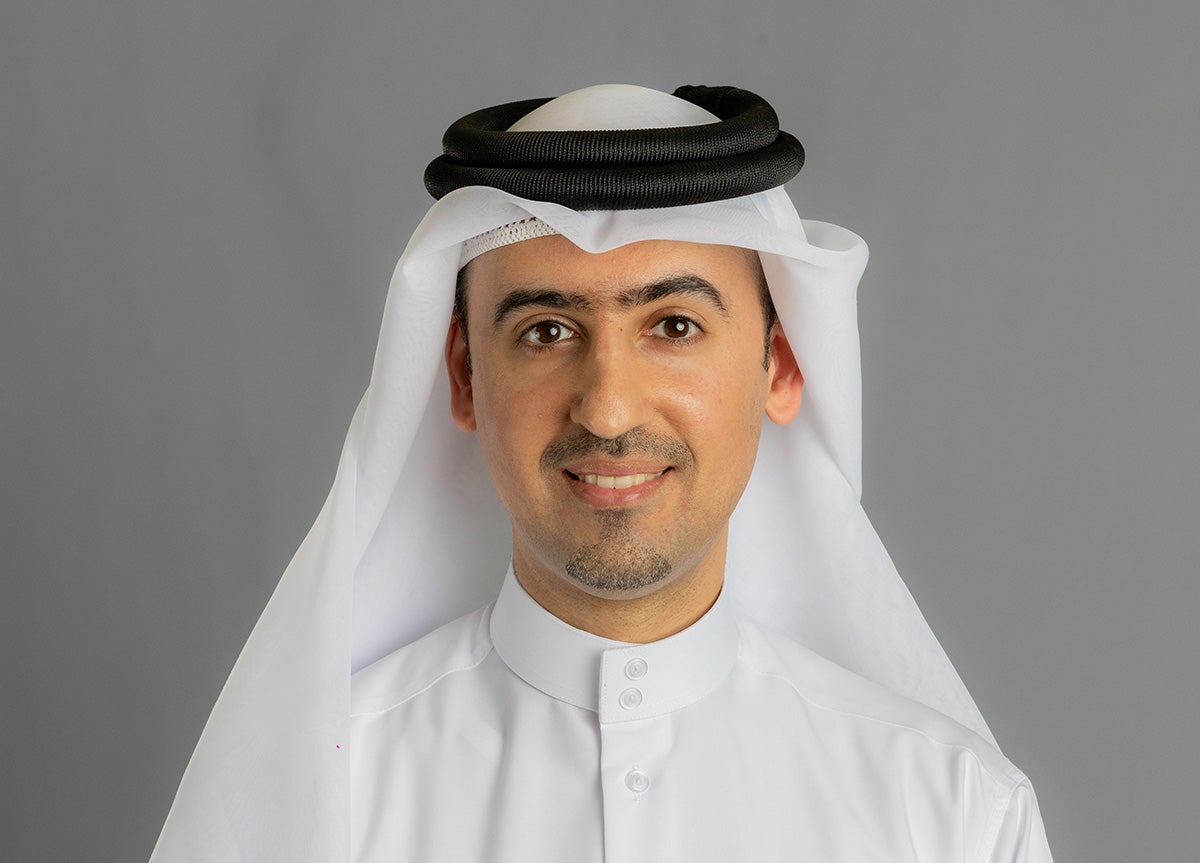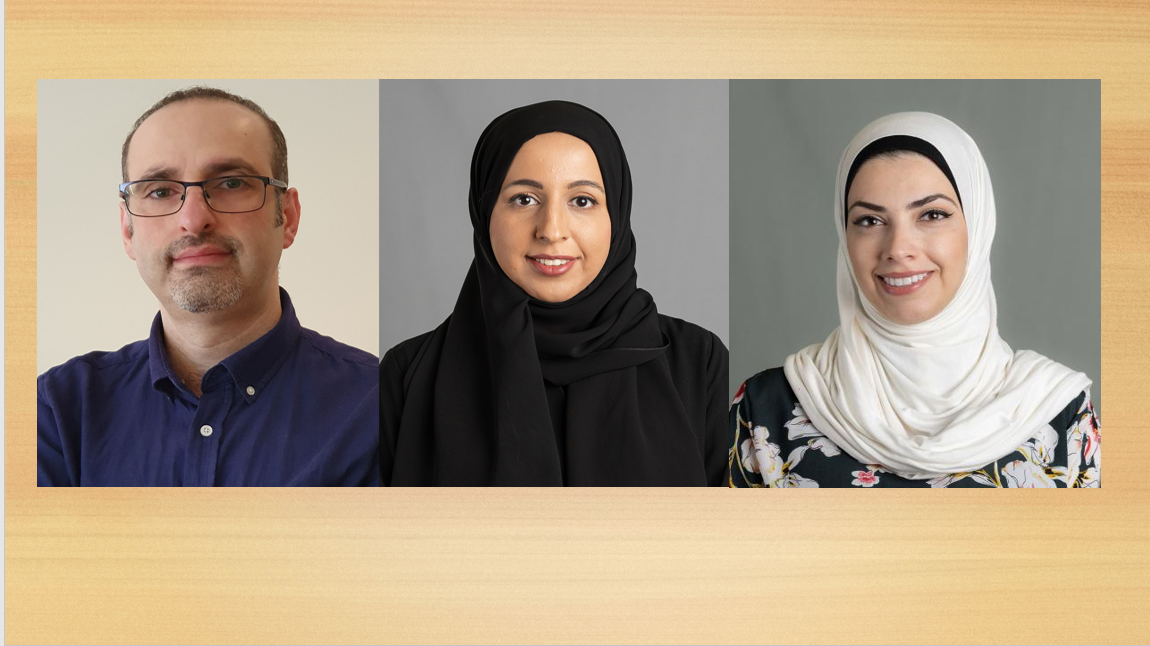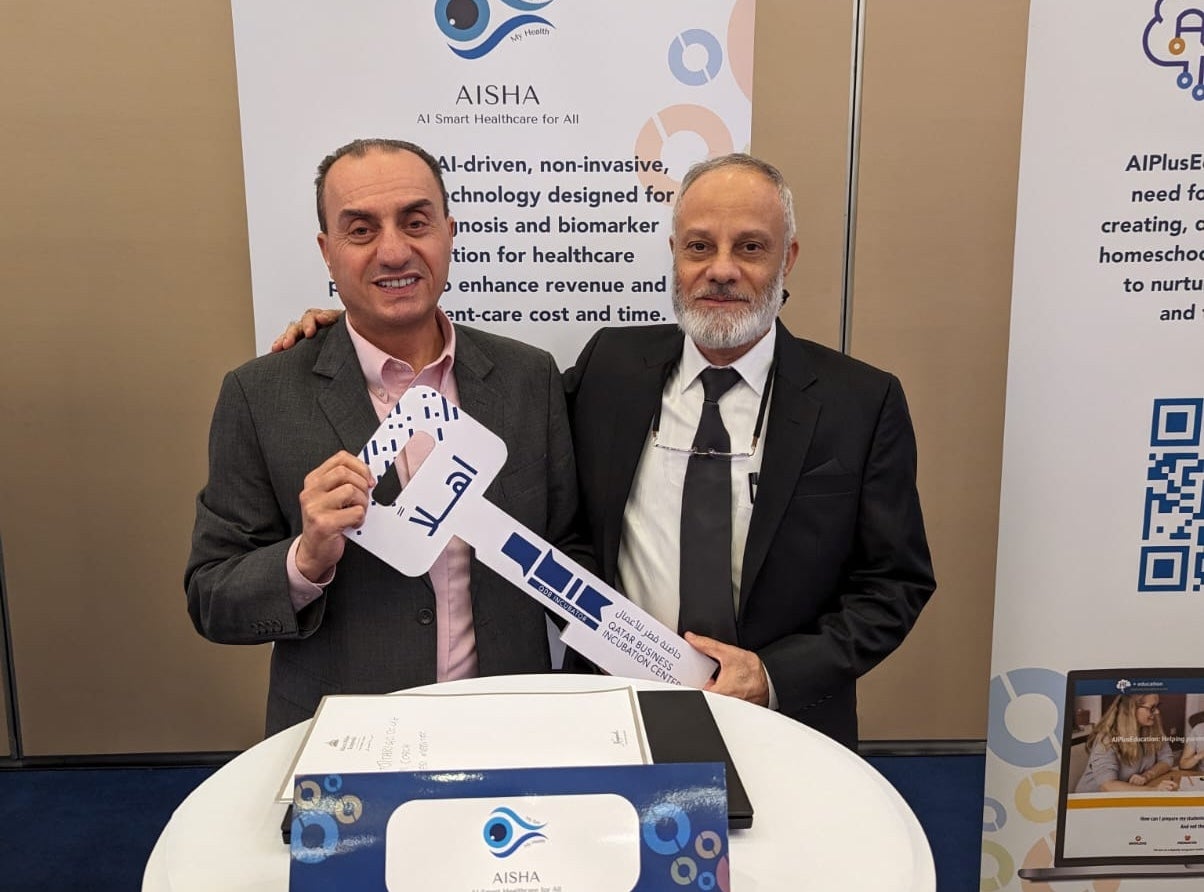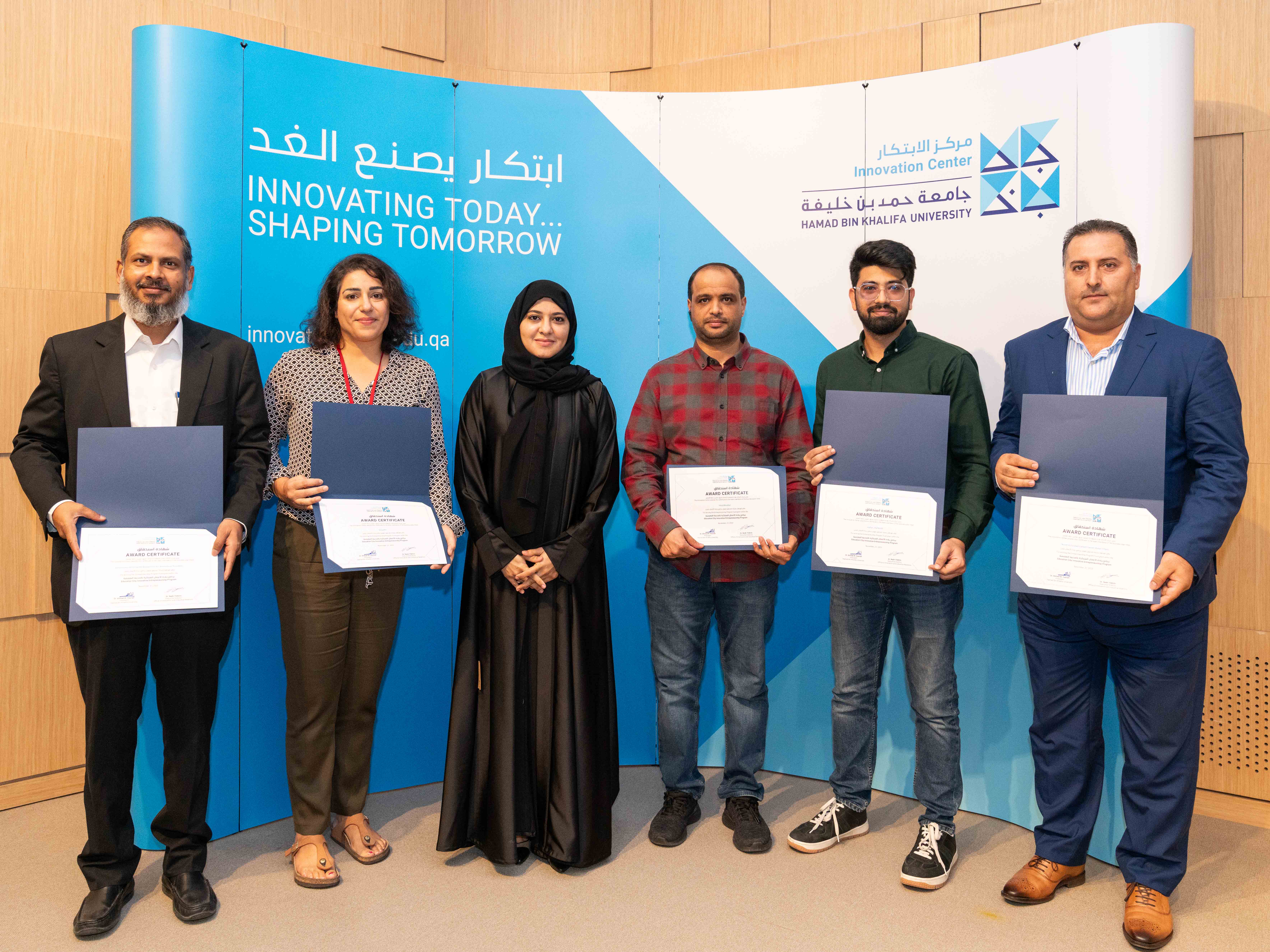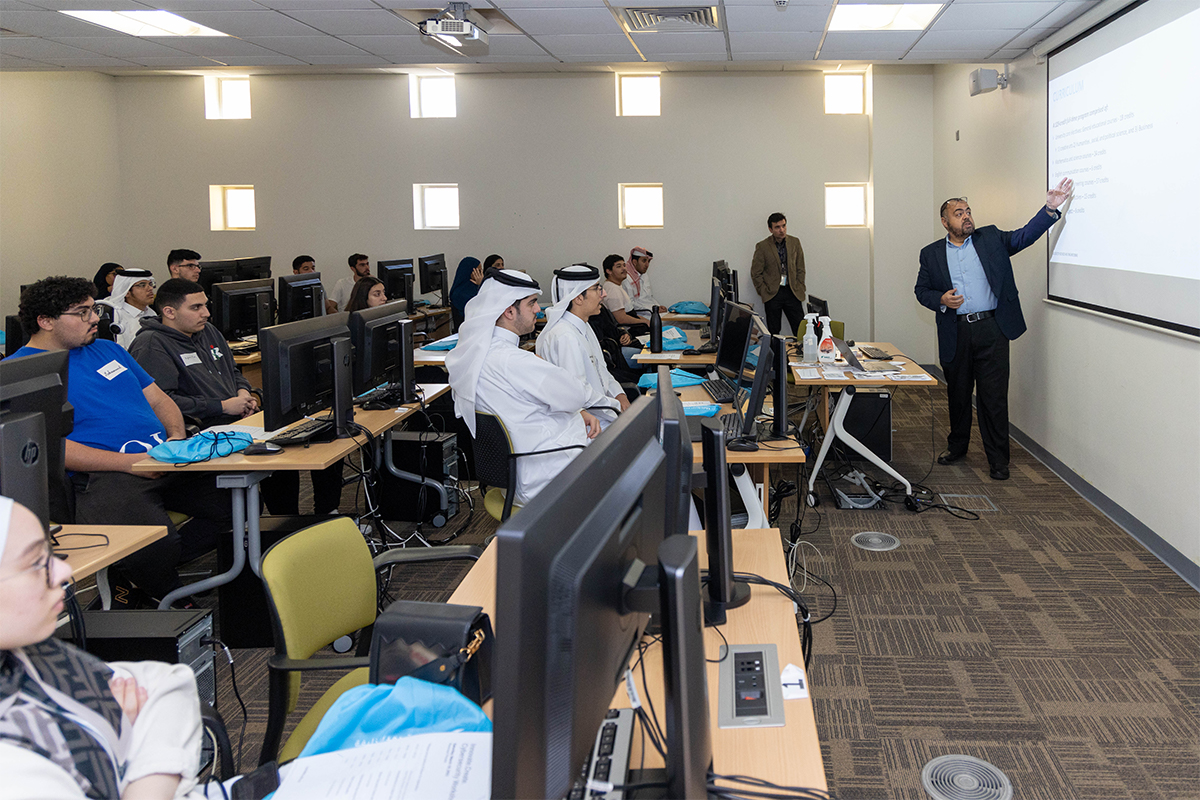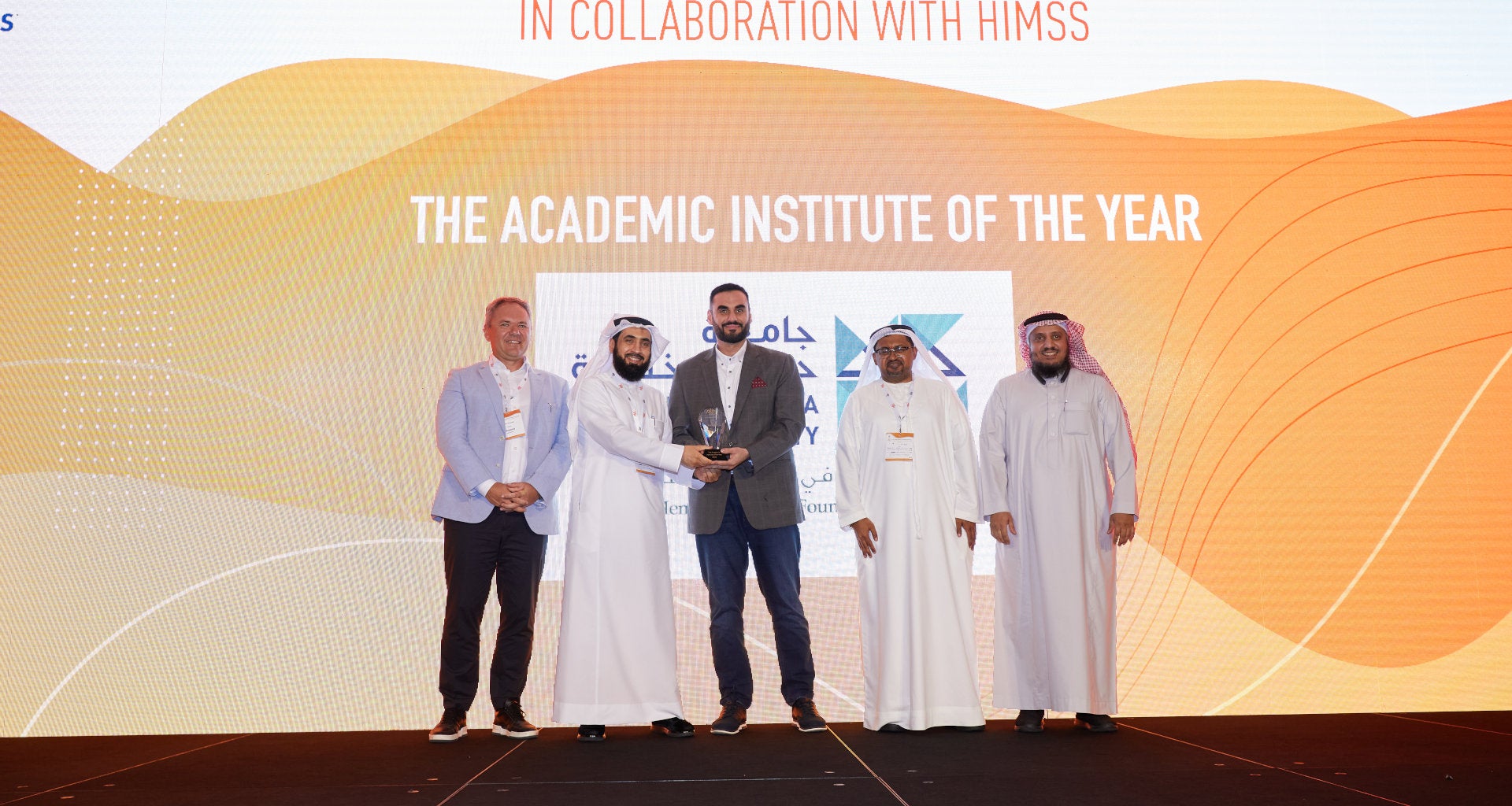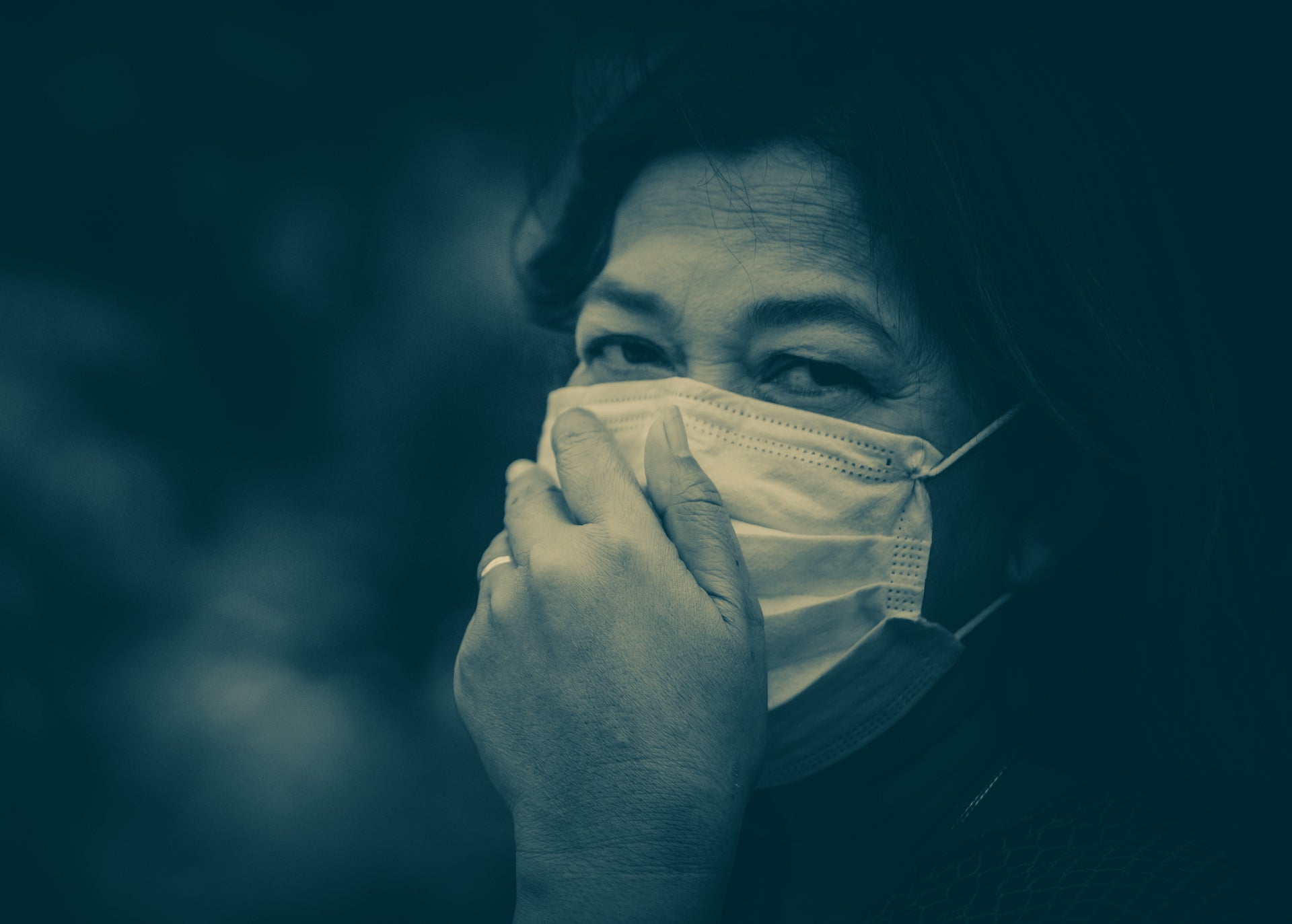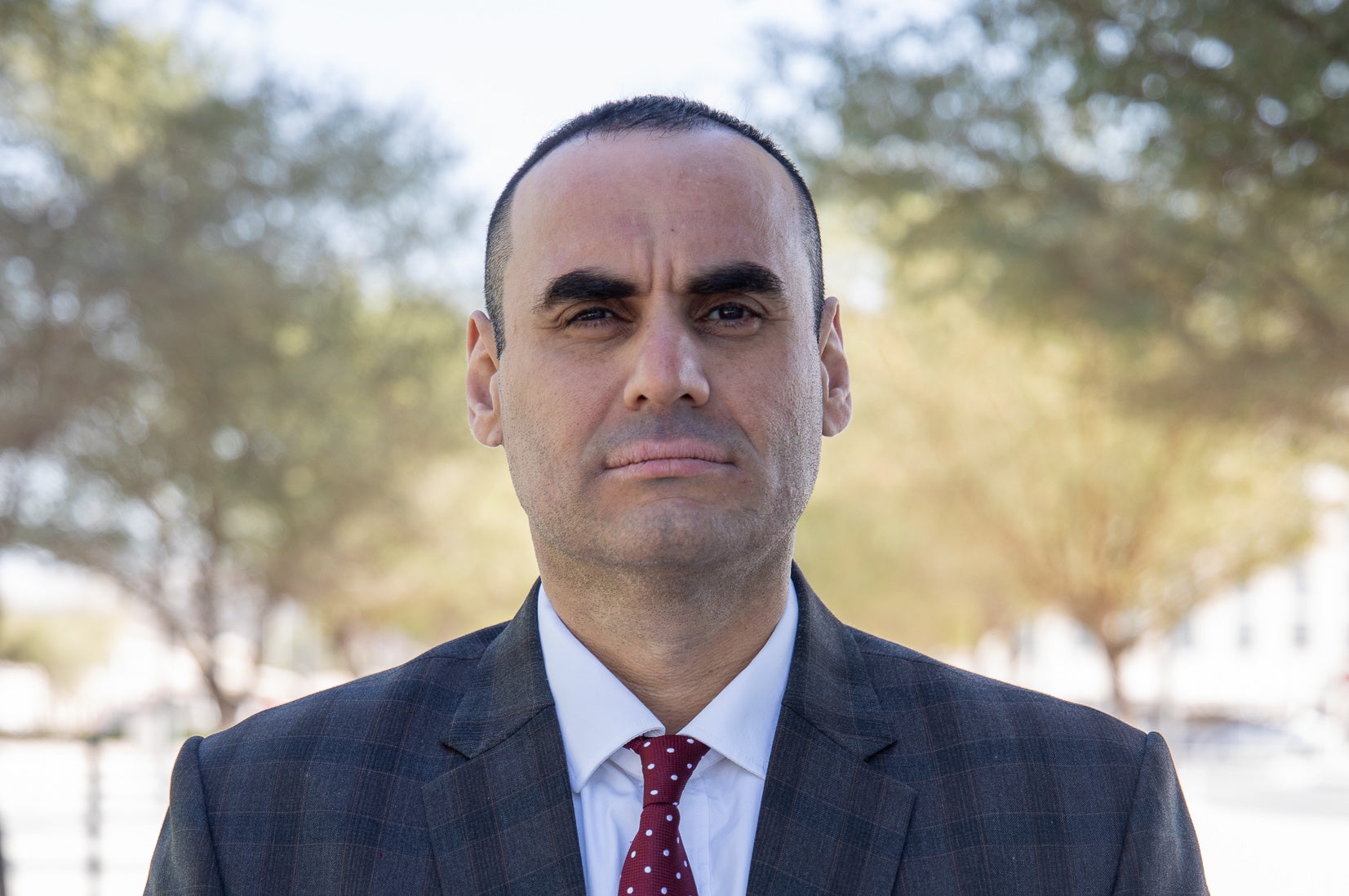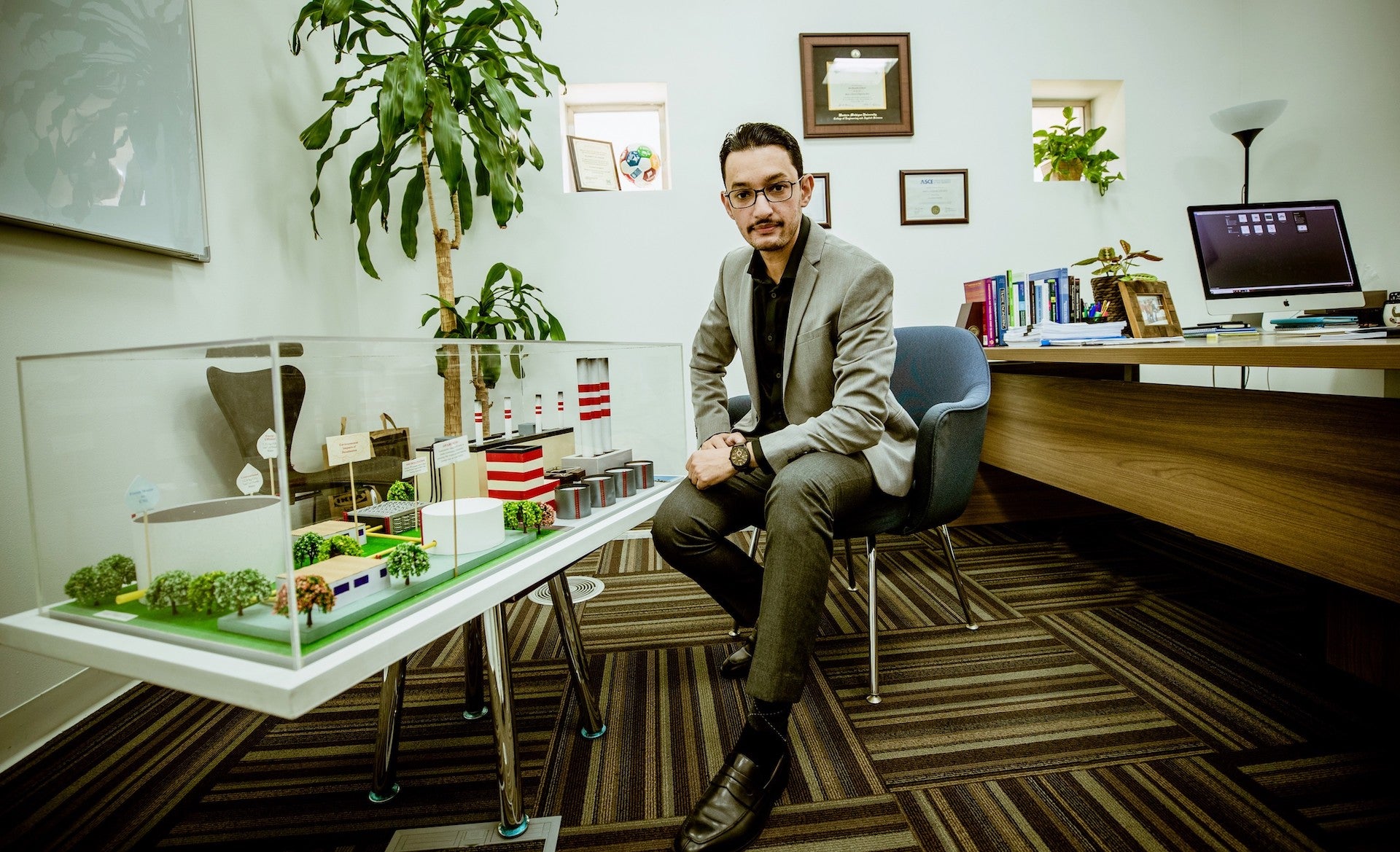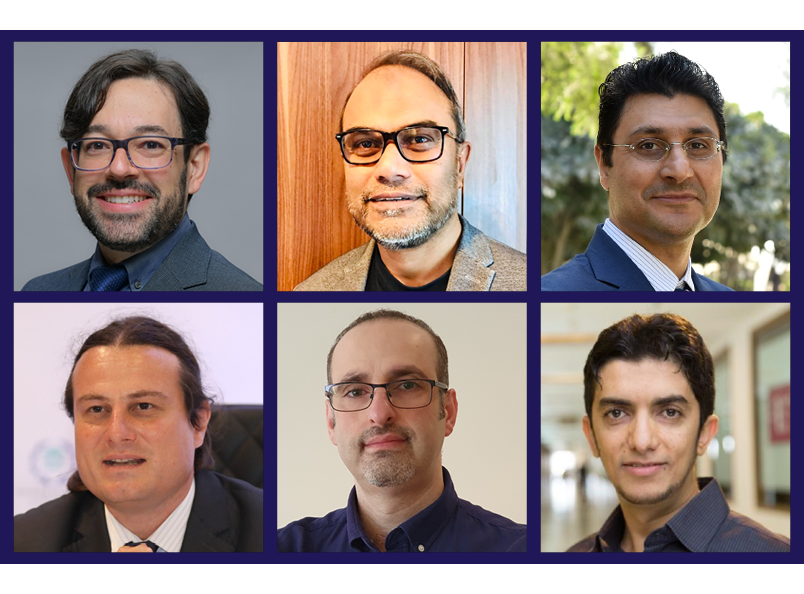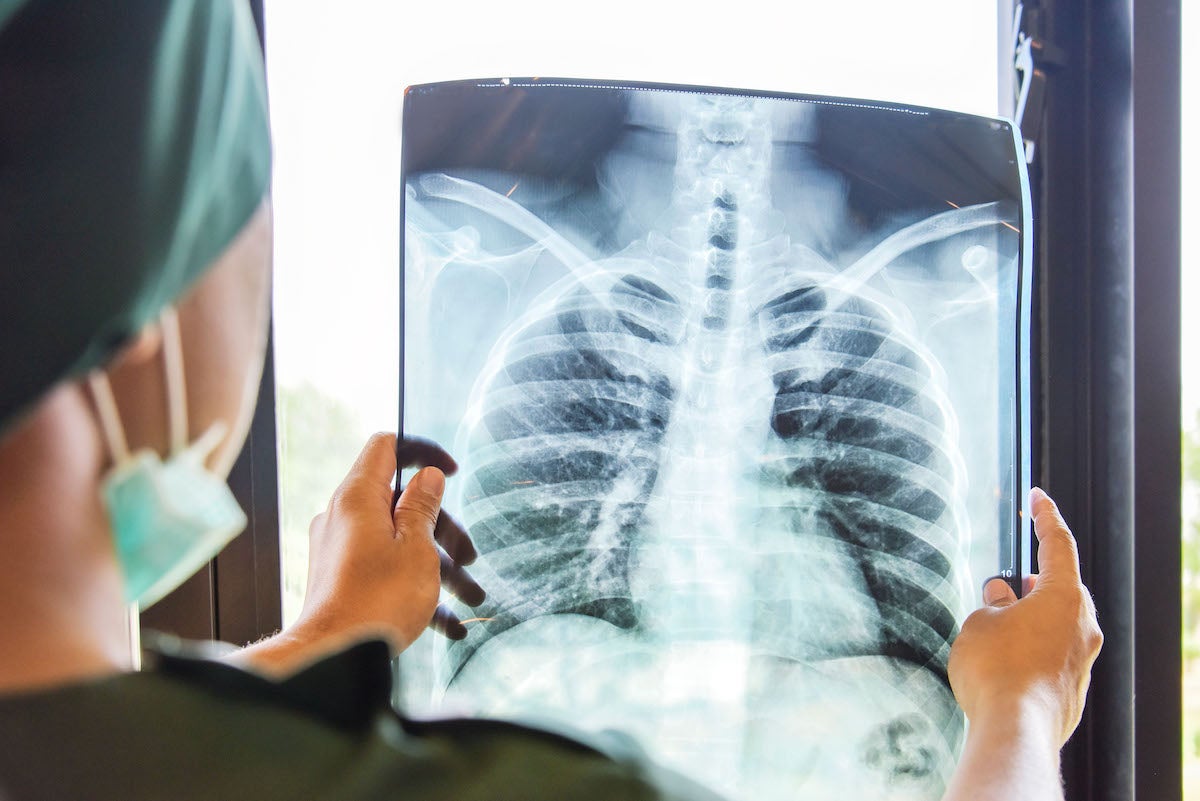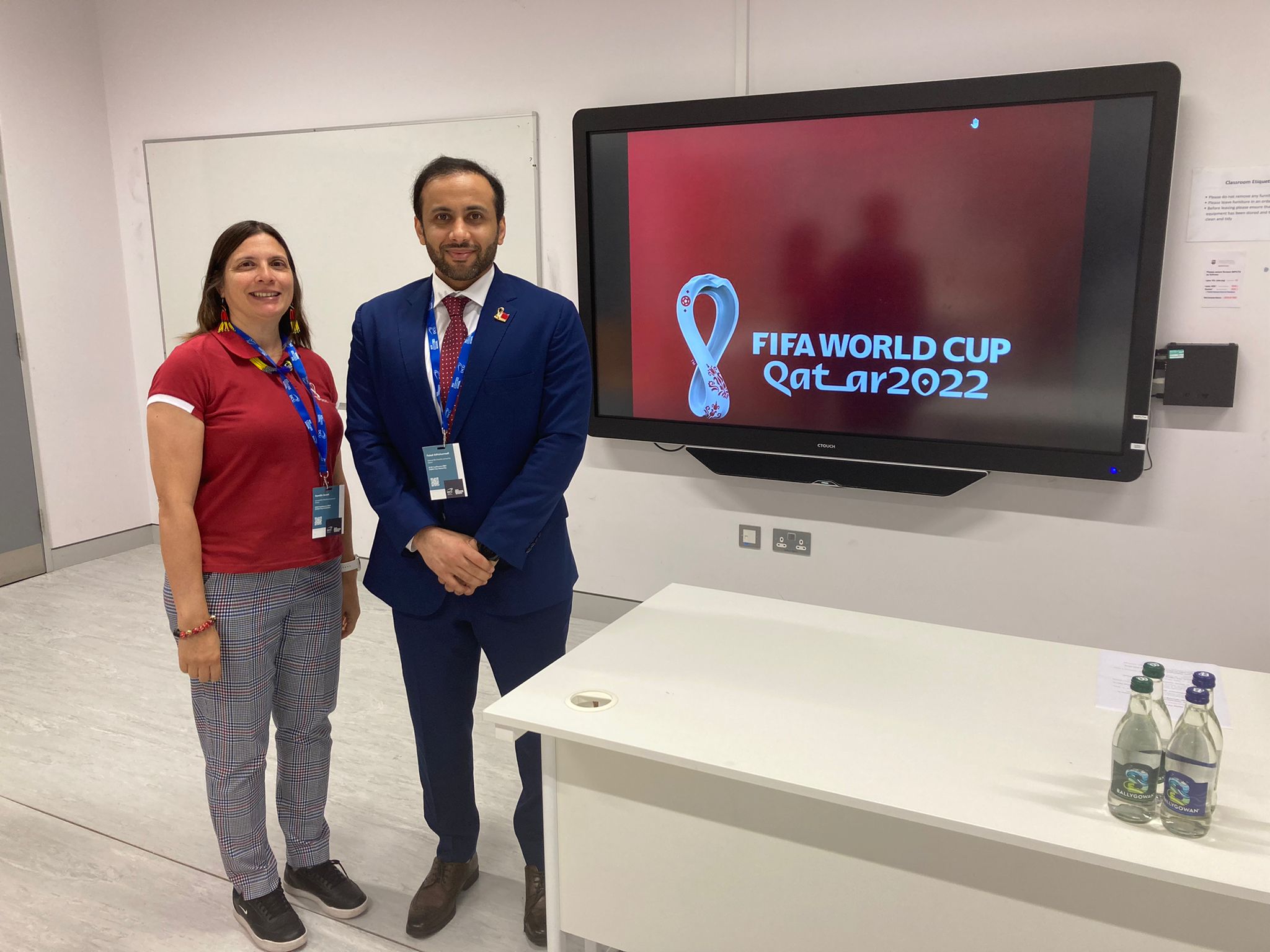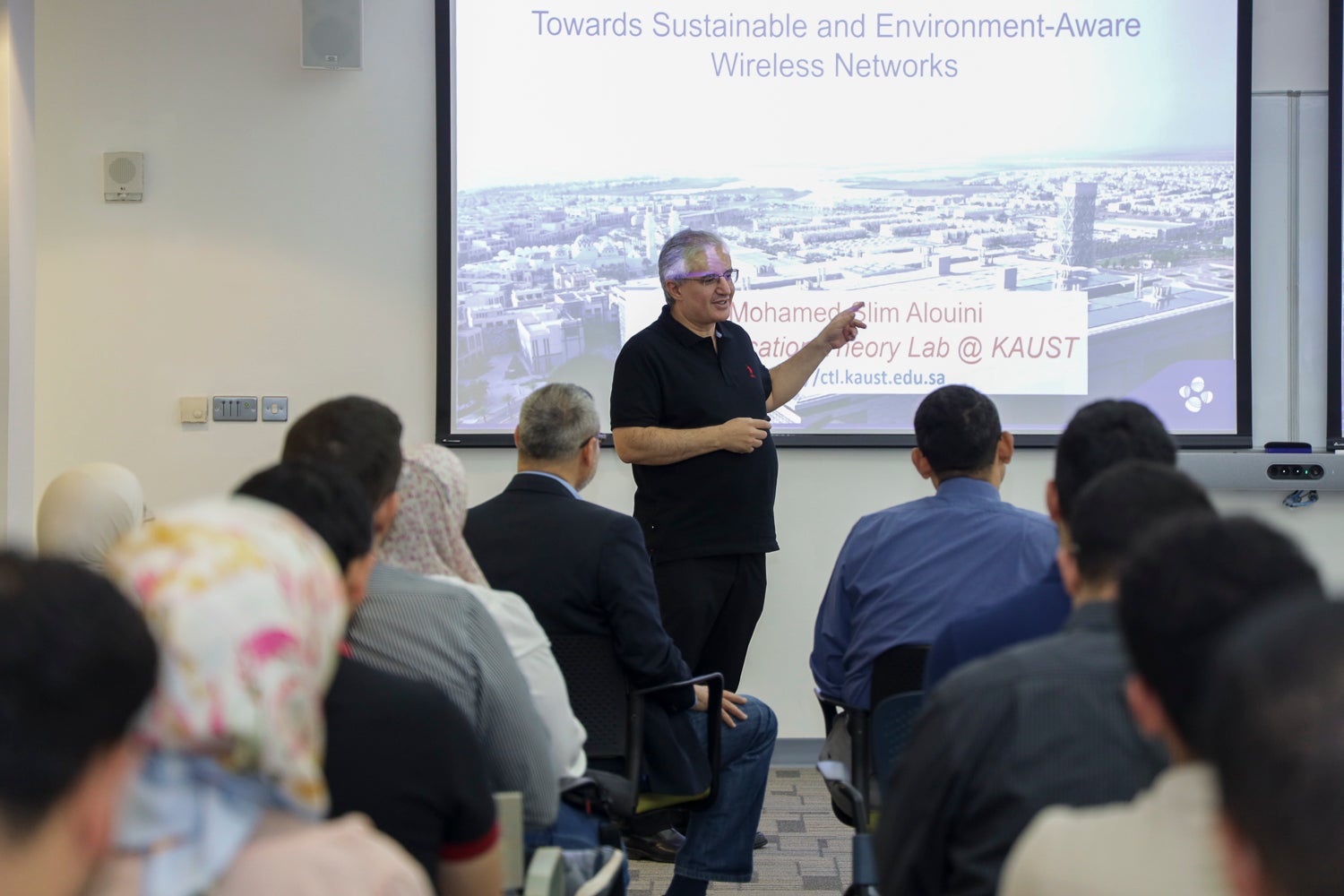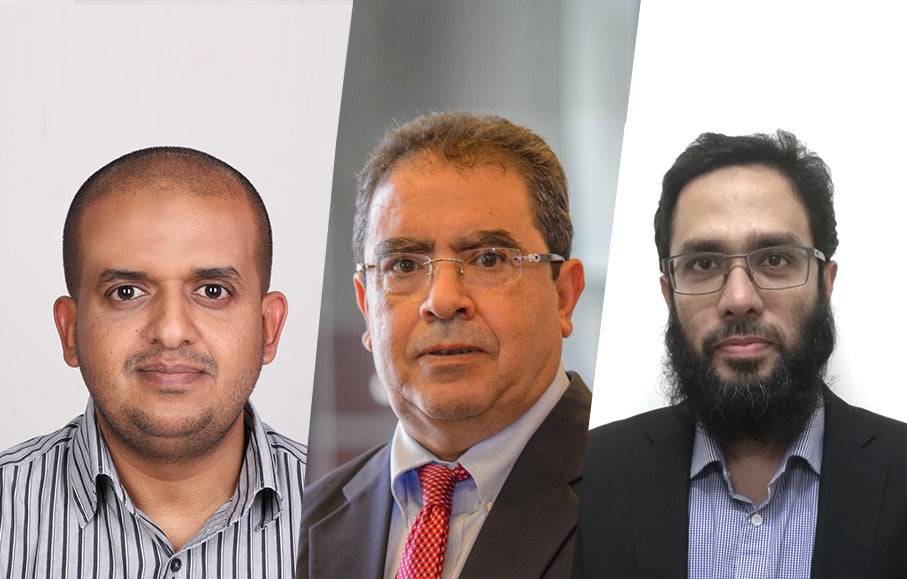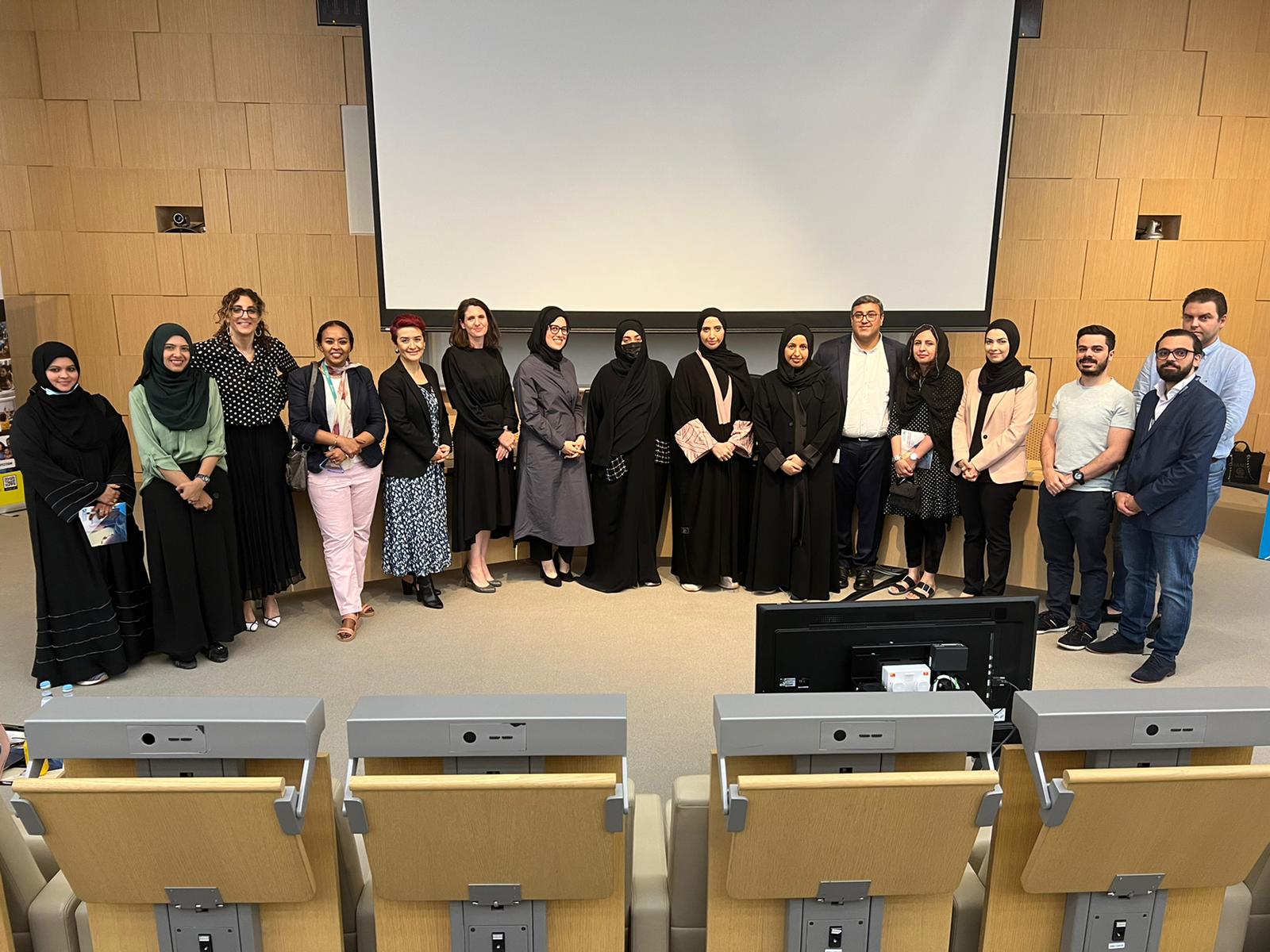
HBKU’s College of Science and Engineering Graduate Advances Education Data as a UN Fellow
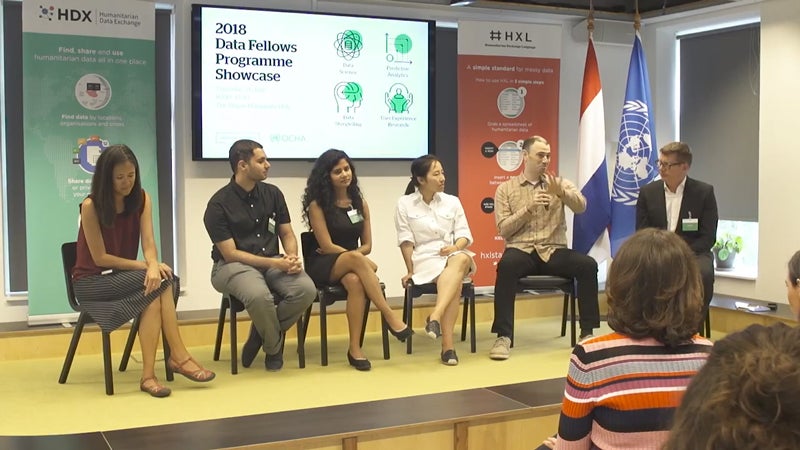
A graduate of the College of Science and Engineering (CSE), part of Hamad Bin Khalifa University (HBKU), is working to improve access to education in areas facing critical humanitarian challenges through a highly selective UN fellowship program at the Centre for Humanitarian Data in The Hague.
Abdulaziz Al-Homaid, who earned a Master of Science in Data Science and Engineering degree from HBKU, was awarded a prestigious fellowship by Education Above All (EAA) in partnership with the UN Office for the Coordination of Humanitarian Affairs (OCHA) and the Centre for Humanitarian Data. He is one of only four candidates selected to the 2018 Data Fellows program from more than 700 international applicants. During June and July, the fellows were based in The Hague, Netherlands, where they were tasked with designing and delivering projects targeting education data challenges including data science, data storytelling, predictive analytics, and user experience research.
OCHA’s Centre for Humanitarian Data was established to provide those involved in humanitarian response with access to the crucial data needed to make responsible and informed decisions during crises.
With Al-Homaid’s assigned focus area being data science, he set out to gain a deeper understanding of the various types of education data most widely gathered and used in different crisis scenarios. Al-Homaid chose to focus his data research on Iraq, South Sudan, Syria, and Yemen – all countries where complex emergency scenarios often arise.
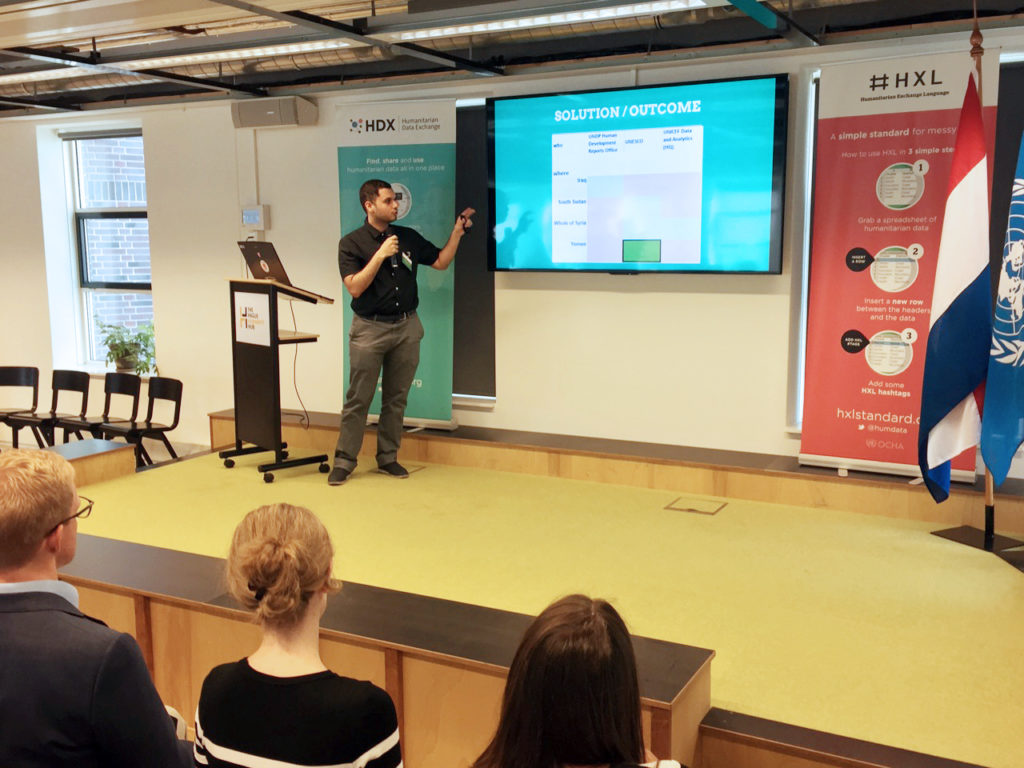 Speaking on the objective of his project, Al-Homaid, said: “My aim was to carry out extensive research using generated data to reshape a structured format by developing a ‘meta-dataset’ on education in emergency situations, which could be used to analyze its completeness for specific indicators.
Speaking on the objective of his project, Al-Homaid, said: “My aim was to carry out extensive research using generated data to reshape a structured format by developing a ‘meta-dataset’ on education in emergency situations, which could be used to analyze its completeness for specific indicators.
An example would be to identify a missing indicator within one country, but its existence within the other, so it could provide a roadmap for the center and its partners to help fill this gap. This EAA-OCHA Fellowship has opened up so many avenues and enabled me to work with an organization such as the UN. The invaluable experience I’ve gained will definitely contribute to my future academic and career prospects.”
Al-Homaid’s current responsibilities as a research associate at QCRI’s Social Computing department include adapting state-of-the-art machine learning techniques to two sectors; public health informatics for healthy living, and in urban dynamics. His current project involves building a machine-learning model that recommends an ideal daily lifestyle routine for individuals, based on their health data.
HBKU’s the Master of Science in Data Science and Engineering has been designed to provide students with comprehensive and advanced training in data science and engineering. Keeping in pace with the needs of modern societies, graduates of this program are trained in key areas that enable them to become researchers, entrepreneurs, and leaders with extensive knowledge of contemporary methods, tools and technologies in data science and engineering. The program effectively contributes to building a knowledge-based society; helps diversify the country’s economy; and contributes to a stable and sustainable business environment, in line with Qatar National Vision 2030.
As a graduate of HBKU’s College of Science and Engineering, Al-Homaid joins a growing number of alumni who are set to become the next generation of leaders in their chosen fields. The college’s offerings benefit from the expertise of a highly qualified and diverse roster of faculty members.
Since the college’s founding, it has been steadily working to achieve HBKU’s objective of being globally minded.
Find out more about Al-Homaid’s work by visiting https://bit.ly/2qpKQrA.
Related News
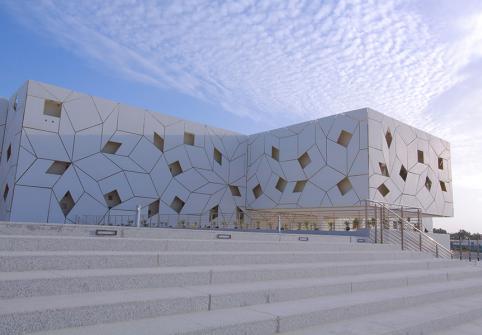
College of Science and Engineering Awarded Grant to Create a National Risk Management Plan for Qatar

College of Science and Engineering Awarded Grant to Create a National Risk Management Plan for Qatar

College of Science and Engineering Awarded Grant to Create a National Risk Management Plan for Qatar

College of Science and Engineering Awarded Grant to Create a National Risk Management Plan for Qatar

College of Science and Engineering Awarded Grant to Create a National Risk Management Plan for Qatar

College of Science and Engineering Awarded Grant to Create a National Risk Management Plan for Qatar

College of Science and Engineering Awarded Grant to Create a National Risk Management Plan for Qatar

College of Science and Engineering Awarded Grant to Create a National Risk Management Plan for Qatar

College of Science and Engineering Awarded Grant to Create a National Risk Management Plan for Qatar

College of Science and Engineering Awarded Grant to Create a National Risk Management Plan for Qatar

College of Science and Engineering Awarded Grant to Create a National Risk Management Plan for Qatar

College of Science and Engineering Awarded Grant to Create a National Risk Management Plan for Qatar

College of Science and Engineering Awarded Grant to Create a National Risk Management Plan for Qatar

College of Science and Engineering Awarded Grant to Create a National Risk Management Plan for Qatar

College of Science and Engineering Awarded Grant to Create a National Risk Management Plan for Qatar

College of Science and Engineering Awarded Grant to Create a National Risk Management Plan for Qatar

College of Science and Engineering Awarded Grant to Create a National Risk Management Plan for Qatar

College of Science and Engineering Awarded Grant to Create a National Risk Management Plan for Qatar

College of Science and Engineering Awarded Grant to Create a National Risk Management Plan for Qatar

College of Science and Engineering Awarded Grant to Create a National Risk Management Plan for Qatar

College of Science and Engineering Awarded Grant to Create a National Risk Management Plan for Qatar

College of Science and Engineering Awarded Grant to Create a National Risk Management Plan for Qatar

College of Science and Engineering Awarded Grant to Create a National Risk Management Plan for Qatar

College of Science and Engineering Awarded Grant to Create a National Risk Management Plan for Qatar

College of Science and Engineering Awarded Grant to Create a National Risk Management Plan for Qatar

College of Science and Engineering Awarded Grant to Create a National Risk Management Plan for Qatar

College of Science and Engineering Awarded Grant to Create a National Risk Management Plan for Qatar

College of Science and Engineering Awarded Grant to Create a National Risk Management Plan for Qatar

College of Science and Engineering Awarded Grant to Create a National Risk Management Plan for Qatar

College of Science and Engineering Awarded Grant to Create a National Risk Management Plan for Qatar

College of Science and Engineering Awarded Grant to Create a National Risk Management Plan for Qatar

College of Science and Engineering Awarded Grant to Create a National Risk Management Plan for Qatar

College of Science and Engineering Awarded Grant to Create a National Risk Management Plan for Qatar

College of Science and Engineering Awarded Grant to Create a National Risk Management Plan for Qatar

College of Science and Engineering Awarded Grant to Create a National Risk Management Plan for Qatar

College of Science and Engineering Awarded Grant to Create a National Risk Management Plan for Qatar

College of Science and Engineering Awarded Grant to Create a National Risk Management Plan for Qatar

College of Science and Engineering Awarded Grant to Create a National Risk Management Plan for Qatar

College of Science and Engineering Awarded Grant to Create a National Risk Management Plan for Qatar






